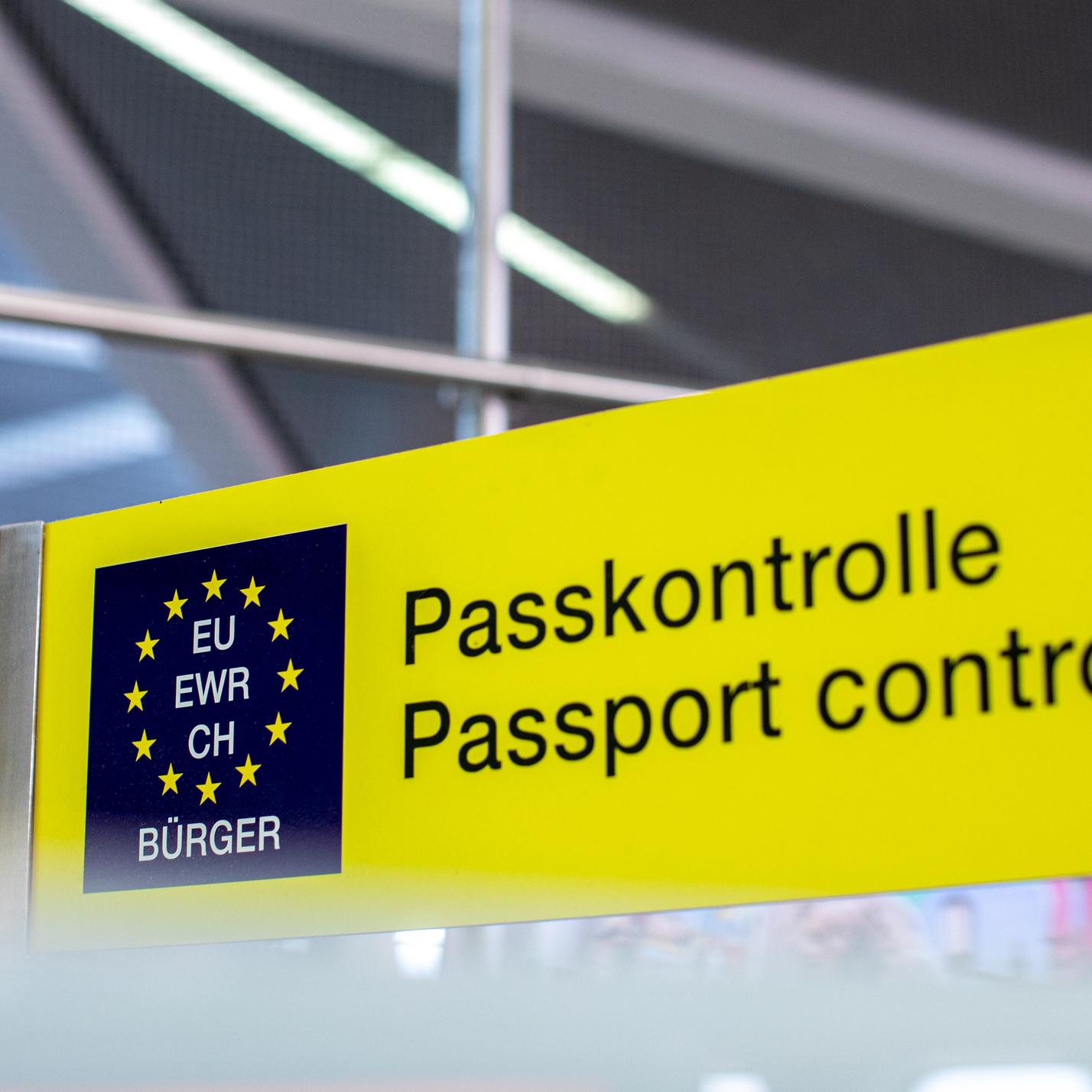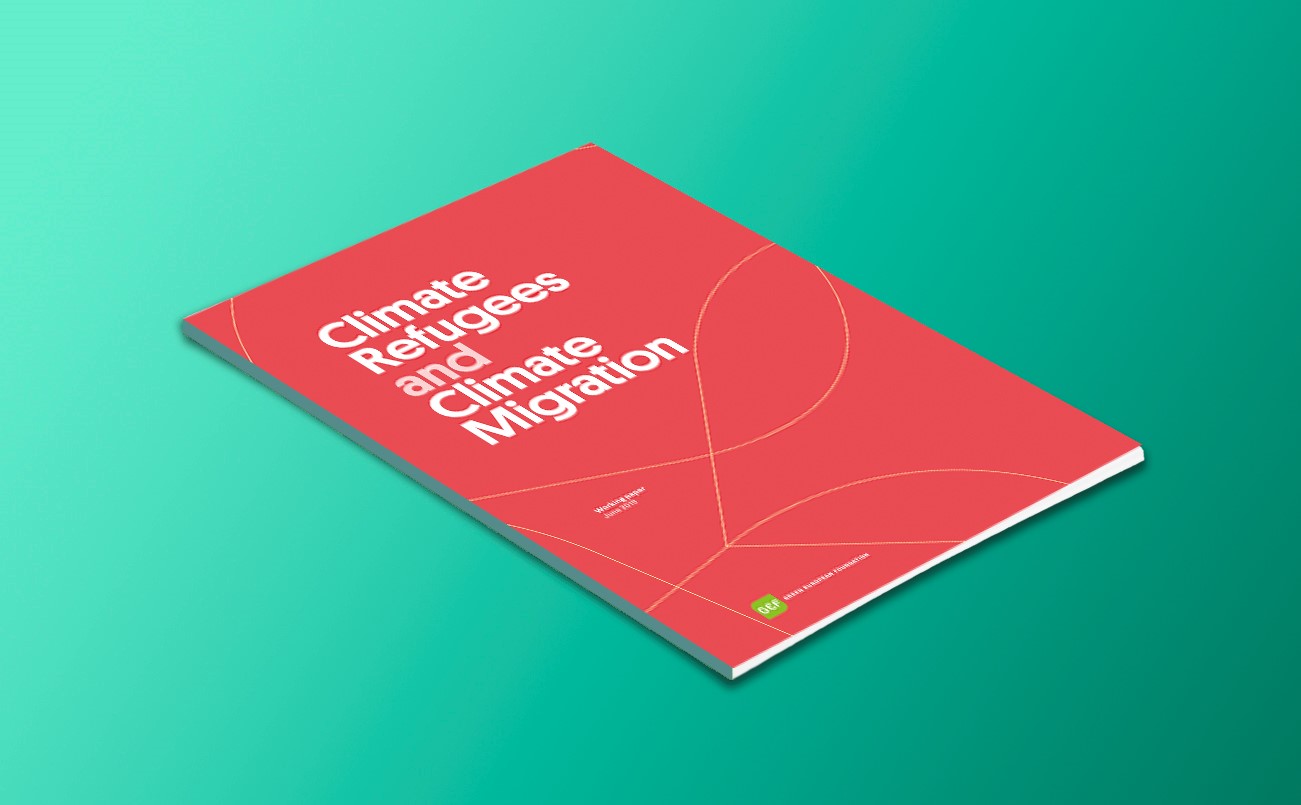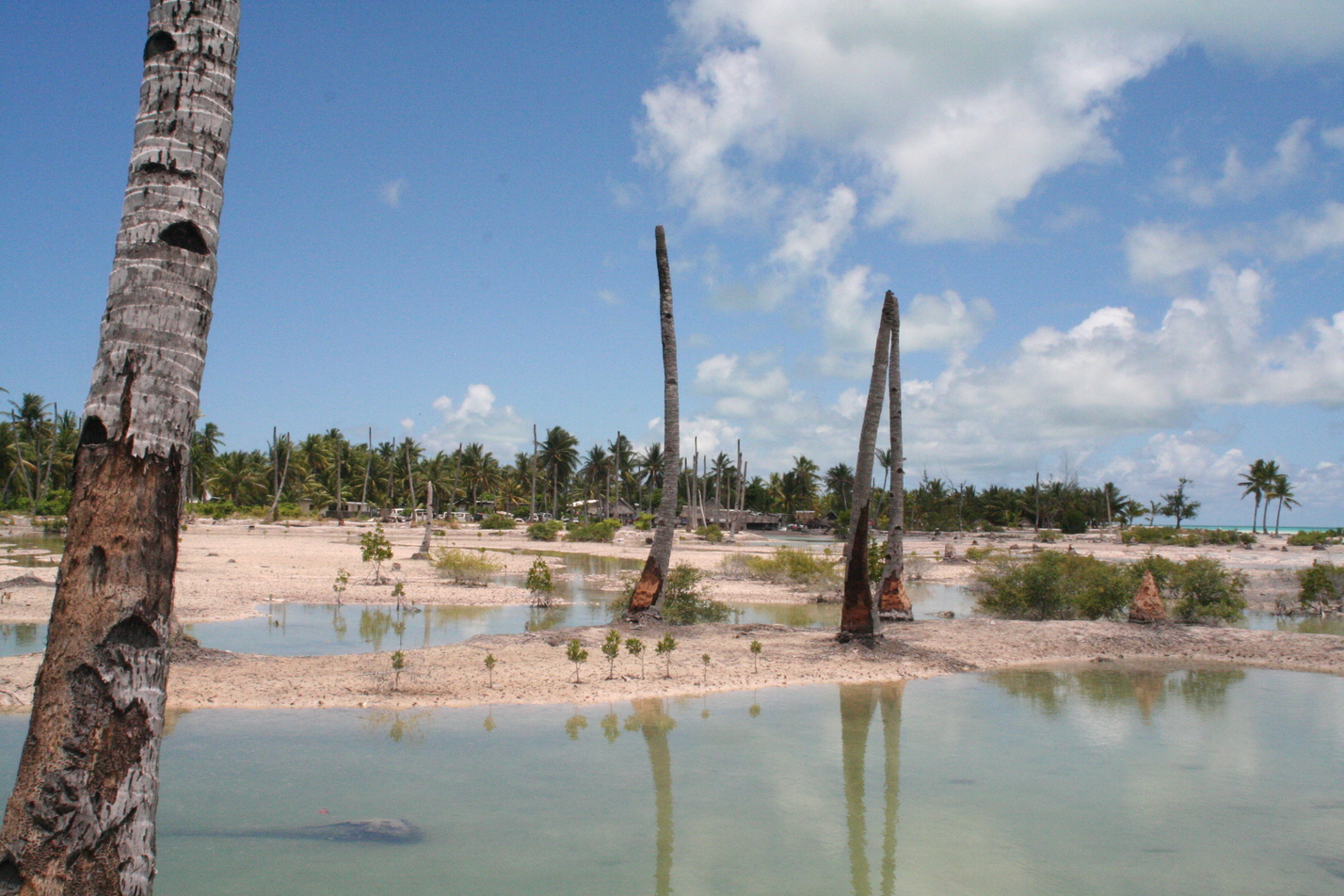
About the Event
The conference focuses on the mobility of asylum seekers and refugees within European borders, and aims to explore issues such as drivers leading asylum seekers and refugees to move to other European countries, available legal channels for movement, and obstacles posed by the “system of (im)mobility” created by the current legal framework.
Why do asylum seekers and refugees need mobility in Europe? What legal issues do they face when they want to move to other EU countries? What is the existing jurisprudence at European level and what is its impact on the current system? What needs to be changed at European, national and local level and how can reform be realistically achieved?
The aim of the conference is to deepen participants’ understanding of the current European legislation’s adverse impact on the mobility of asylum seekers and refugees, its interplay with local policies, and identify proposals for sustainable reform.
The programme will feature presentations by legal and academic experts, as well as NGO and political representatives. There will also be interactive workshops.
Programme
09.00 – 09.30 Registration
09.30 Welcome
- Vincenzo Greco, Member of Confederal Secretariat Cgil Milano
- Susanne Rieger, Co-President and Member of Board of Directors Green European Foundation
- Federico Faloppa, Fondazione Alexander Langer, board director member
10.00 – 11.30
Panel: The state of play of the negotiations on the reform of the Common European Asylum System
- Chairman: Gianfranco Schiavone (Chairman of ICS – Consorzio Italiano di Solidarietà/Vice Chair ASGI)
10.00
The state of play of the negotiations on the reform of the Common European Asylum System
- Alessia Di Pascale, Associate Professor of EU Law and Professor of Foreign Law at the University of Milan
10.30
The state of play of the negotiations on the reform of the Common European Asylum System with particular regard to the Dublin Regulation.
- Giovanna Manieri, Advisor on Civil Liberties, Justice and Home Affairs for the Greens/EFA group in the European Parliament
11.00 Q & A
11.30 Coffee Break
12.00 – 13.00
Roundtable discussion (20 minutes per input)
- Chairman: Gianfranco Schiavone (Chairman of ICS – Consorzio Italiano di Solidarietà/Vice Chair ASGI)
Implementing or bypassing the Dublin Regulation? Relocation and bilateral agreements
- Minos Mouzourakis, Head of Legal and Policy Research a.i. ECRE (European Council on Refugees and Exiles)
Separated families in the Dublin system
- Mads Melin, Legal Advisor, Asylum Department, Danish Refugee Council
Migration Miteinander: moveurope! – a pilot project to promote legal migration channels in the EU for holders of a humanitarian residence permit & refugees
- Golde Ebding, Universo Interculturale, and Karla Kästner
13.00 Q & A
13.30 BUFFET – Lunch
14.30 – 16.00 Workshops
Workshop I
Mobility of refugees, mutual recognition of qualifications and family reunification of beneficiaries of international protection (in English)
- Chairpersons: Caterina Bove (ASGI, Aida rapporteur for Italy for ASGI and Ecre) and Gianfranco Schiavone (Chairman of ICS – Consorzio Italiano di Solidarietà/Vice Chair ASGI)
Workshop II
Secondary movements of applicants for international protection. In particular:
- Comparison between jurisprudential orientations
- the role of the legal advisor in providing legal assistance to asylum seekers affected by a Dublin measure (understood as the development of actions and appeals)
- Chairpersons: Anna Brambilla (ASGI) and Ilaria Sommaruga (Legal Advisor at Community Center Milano)
16.00 – 17.00 Synthesis of workshops and conclusion of the event
- Gianfranco Schiavone, Chairman of ICS – Consorzio Italiano di Solidarietà/Vice Chair ASGI
- Anna Brambilla, Lawyer/ASGI
Registration
Due to high demand, registrations can unfortunately no longer be accepted. Stay tuned for outcomes of the conference.
This conference is organised with the support of GEF partner Fondazione Alexander Langer and with the support of ASGI. With the support provided by Open Society Foundations.



